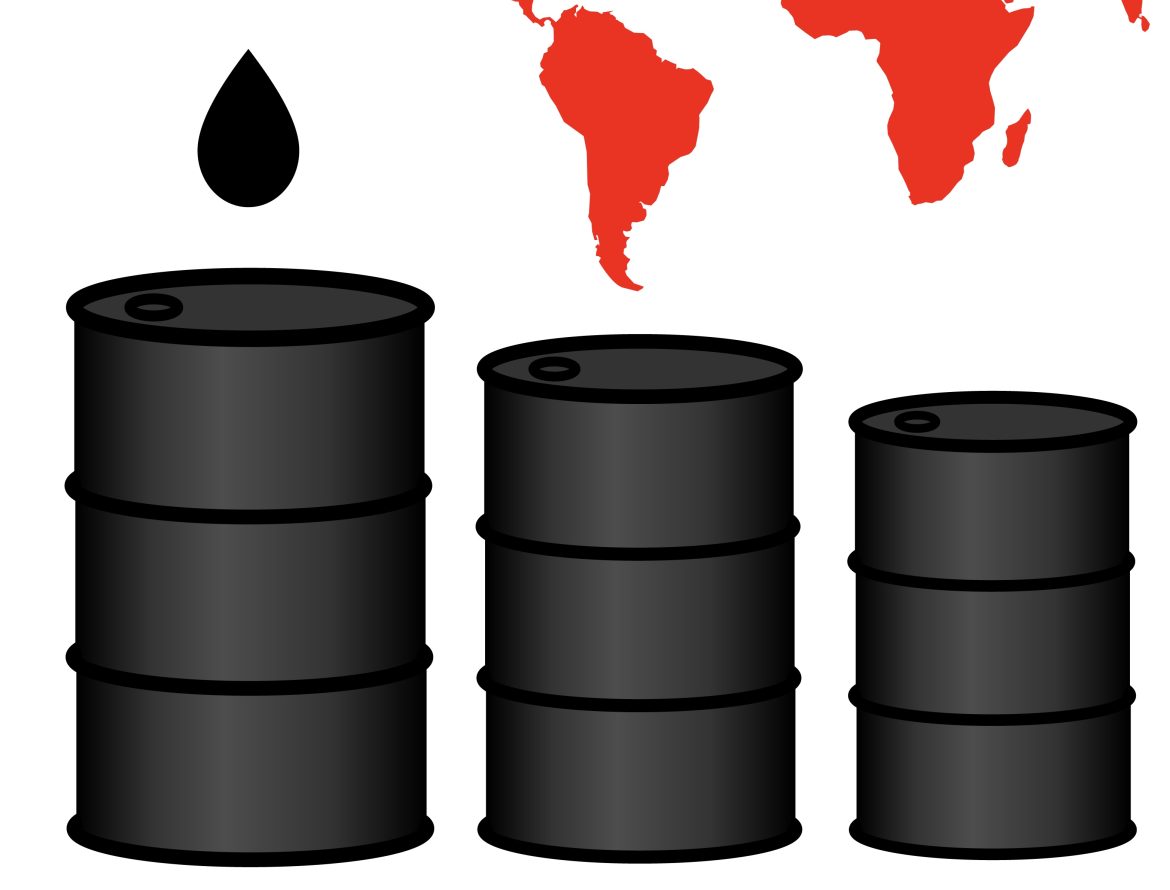KEY POINTS
- Nigeria’s Bonny Light crude settled around $67 as global oil prices rebounded on renewed U.S.–China trade optimism.
- The country launched its first fully owned FSO vessel to boost exports and curb oil theft.
- OPEC+ restraint and easing geopolitical risks have helped steady oil prices after last week’s selloff.
Nigeria’s Bonny Light crude held firm around $67 a barrel on Monday as a wave of renewed optimism swept through global oil markets, driven by hopes that the United States and China might move closer to resolving their long-running trade dispute.
After sliding more than 4 per cent last Friday, the steepest weekly drop since early May, crude prices rebounded strongly during the week’s first trading session.
Brent crude rose to $63.76 per barrel, while West Texas Intermediate (WTI) climbed by 2 per cent to $59.92, buoyed by bargain hunting and expectations of diplomatic calm between Washington and Beijing.
Cautious optimism steadies energy markets
Traders were encouraged by remarks from U.S. President Donald Trump, who wrote on Truth Social that America wanted to “help China, not hurt it,” adding that the Chinese economy “will be fine.”
His tone marked a mild shift from the previous day, when he threatened to impose 100 per cent tariffs on Chinese imports and dismissed the need for talks with President Xi Jinping at an upcoming summit in South Korea.
Beijing’s swift response, warning of retaliation if Washington did not withdraw its tariff threat, underscored how fragile the situation remains.
Even so, investors appear to be betting on the likelihood of compromise.
Last week’s selloff had been triggered by geopolitical jitters and China’s decision to restrict exports of rare earth minerals, a move widely viewed as retaliation against new U.S. technology export controls. Trump’s announcement of sweeping tariffs on all Chinese goods by November 1 further rattled traders.
Analysts at Goldman Sachs suggested that both nations may eventually temper their most aggressive positions, potentially leading to an extension of the fragile trade truce first brokered in May.



